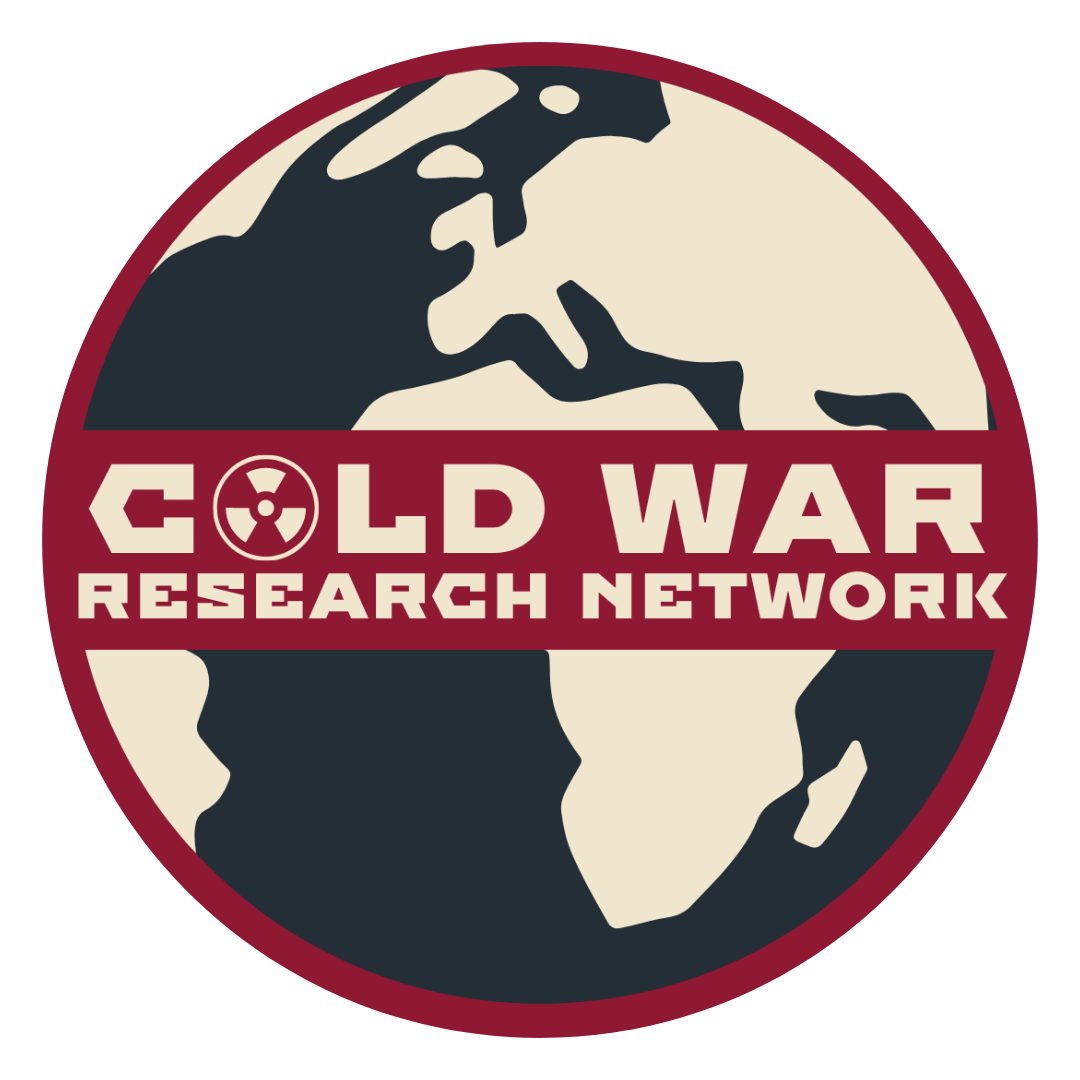Upcoming Book Presentation – 26 February 2026: “Securing Peace in Europe”
The Cold War Research Network is pleased to host an online book presentation by Dr. Stephan Kieninger on the transformation of European security after the end of the Cold War, as explored in his new book Securing Peace in Europe: Strobe Talbott, NATO, and Russia after the Cold War.
After the Cold War, the United States and its NATO allies faced crucial questions. Could Russia, their old adversary, be integrated into the liberal international order? What roles should former Soviet republics and satellite states in Eastern and Central Europe play in the Euro-Atlantic security system? These questions have taken on renewed significance since Russia’s full-scale invasion of Ukraine, as Vladimir Putin has portrayed Russia as the victim of Western expansionism.
Kieninger’s book offers a new perspective on the NATO-Russia relationship through the eyes of Strobe Talbott, a deputy secretary of state for seven years under President Bill Clinton and the key US diplomatic broker for the former USSR. Kieninger traces the Clinton administration’s efforts to engage Russia and enlarge and transform NATO at the same time, as elements of a new European security architecture. Kieninger argues that a careful look at Talbott’s statecraft rebuts Putin’s claims that the West exploited Russia’s weakness after the Cold War, demonstrating that the Clinton administration and its NATO allies sought to include Russia at every step.
From our Cold War Research Network, Dr. Laurien Crump (Radboud University) and Dr. Ruud van Dijk (University of Amsterdam) will also take part as discussants.
The event will take place on Microsoft Teams. Register here!
Speaker:
Stephan Kieninger is a Non-Resident Fellow at the American-German Institute and an affiliate of the Cold War Studies program at Harvard University. He holds a PhD in Modern History from Mannheim University and had previously been a Wilson Fellow at the Woodrow Wilson Centre, a postdoc at Johns Hopkins SAIS, a Fellow at the Berlin Centre for Cold War Studies, and a Senior Researcher at the Federal German Archives. He is the author of three books on U.S. foreign policy and European security in the Cold War and after, and has received fellowships from the German Historical Institute, the Hoover Institution, and the German Academic Exchange Service.

Back

